Newsletter
Don't miss a thing!
We regularly provide you with the most important news, articles, topics, projects and ideas for One World – No Hunger.
Newsletter
Don't miss a thing!
We regularly provide you with the most important news, articles, topics, projects and ideas for One World – No Hunger.
Please also refer to our data protection declaration.
Claudia Jordan
Karen Mapusua, President of IFOAM Organics International Network, on the danger of the current fuel crises and inflation to loose track in sustainablity, why organic farmers should be heard and how the word “crisis” has a very different meaning where she lives in Fiji.
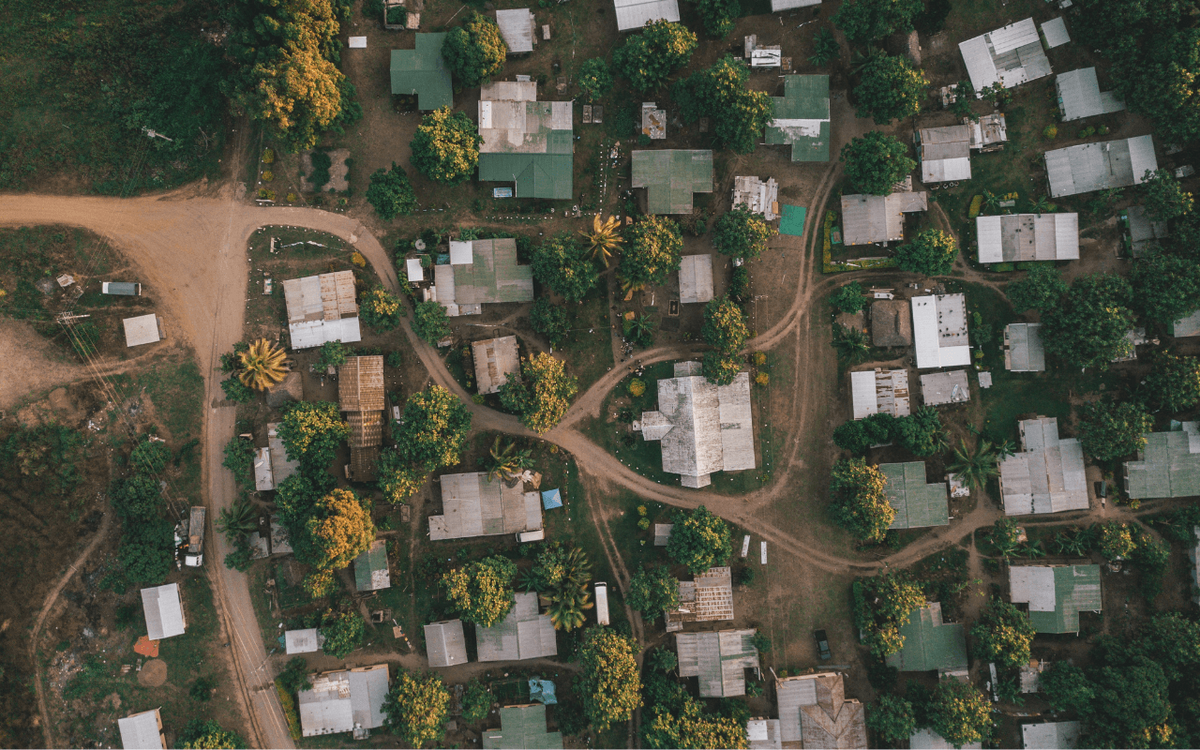
Ms. Mapusua, the Inter-continental Network of Organic Farmer Organisations (INOFO), as a self-organised structure within the IFOAM Network, has just published a new strategy. Why is this important?
Karen Mapusua: I think it's important for INOFO as a new organisation to understand its own direction but also to position itself in relation to organic agriculture, sustainability and agriculture in general. There has been a lack of clear voice from organic farmers in many of these discussions. Farmers do tend to get lumped together but organic farmers have something particular to offer. Outlining the strategy is going to really empower our Inter-continental Network of Organic Farmer Organisations to put that forward. Not only in the farmers’ forums, but also into the broader organic discussion across the whole value chain. If we lose the voice of the farmers in that, we lose the essence of what organic agriculture is about. It is transforming the whole agriculture and all of our value chains. It helps to be more sustainable, more just and equitable.
If we lose the voice of the farmers, we lose the essence of what organic agriculture is about.
What are your main take-aways and hopes after Biofach 2023?
It's been great to see the energy again. At last year's fair, we just came out of COVID and it was wonderful but there's still more energy here this year. A lot of my time is spent meeting delegations, so I haven't been on the floor very much. But the few opportunities I've got to go out and speak to people, everyone is enthusiastic and hopeful. They recognise that there are some challenges at the moment. But I think everyone can see the light at the end of the tunnel. And we're focusing on that. It's been a really positive wake.
I think everyone can see the light at the end of the tunnel.
What challenges are you referring to?
There is an economic challenge and a downturn worldwide. It looks different everywhere. And of course in Europe, there's conflict, that's another challenge for this particular part of the world and has an impact on the rest of us as well. I think there is a challenge of an overreaction to that. As food prices go up and as people see the conflict is going on, there is a bit of a push back to say: "Well, at the moment, we can't be sustainable. We just got to get food.” And that puts at risk a lot of really good policy processes.
What is your hope for farmers' organisations to transform the agricultural system?
That's where strategic and organisational development of farmers' organisations is really important. So that they can interact in a more powerful way. And I think the voices are there. They have been a little bit overshadowed by that larger economic fuel crisis discussion. But they just have to keep moving on. Because a short-term reaction now is only going to make it worse later on. We've got to focus on sustainability. We can't get distracted and just forget about climate for a while. Because climate is still changing. So farmers' organisations have to keep everyone on point.
We can't get distracted and just forget about climate for a while. Because climate is still changing. So farmers' organisations have to keep everyone on point.
You are based in Fiji. You might have a very different perspective on these discussions?
It is really different. The pacific is almost exactly the opposite site of the world. Our focus as far as organic agriculture goes is less on market and exports and more on food security and building resilience for our systems. While we, as well as Germany, we've been impacted by inflation in the Fijis and the Pacific, we don't talk about it as if it were a crisis. It's like: Yes, there is inflation, yes, there are higher food prices. But we've got bigger things to worry about. With climate change, we've got real crisis. Fiji and the Pacific have been impacted by inflation, but we don't talk about it as if it were a crisis. We've got bigger things to worry about. With climate change, we've got real crisis.
It's less about money, but about existance?
Exactly, it's a much more existential question. We've also got systems we don't necessarily have in Europe. Pretty much everyone has a farmer in his family and land they can fall back on. We saw that during COVID, when our borders shut for two years. Fiji's very much focused on tourism – we had no tourists for two years. People went back to their villages, their farms, grew food. And we didn't suffer as much as we could have, if we didn't have that social security net which is based on the land.

Read more Governor's Day with Farmers – For more discussion with local actors

Read more The goals of transformation should leave no one behind
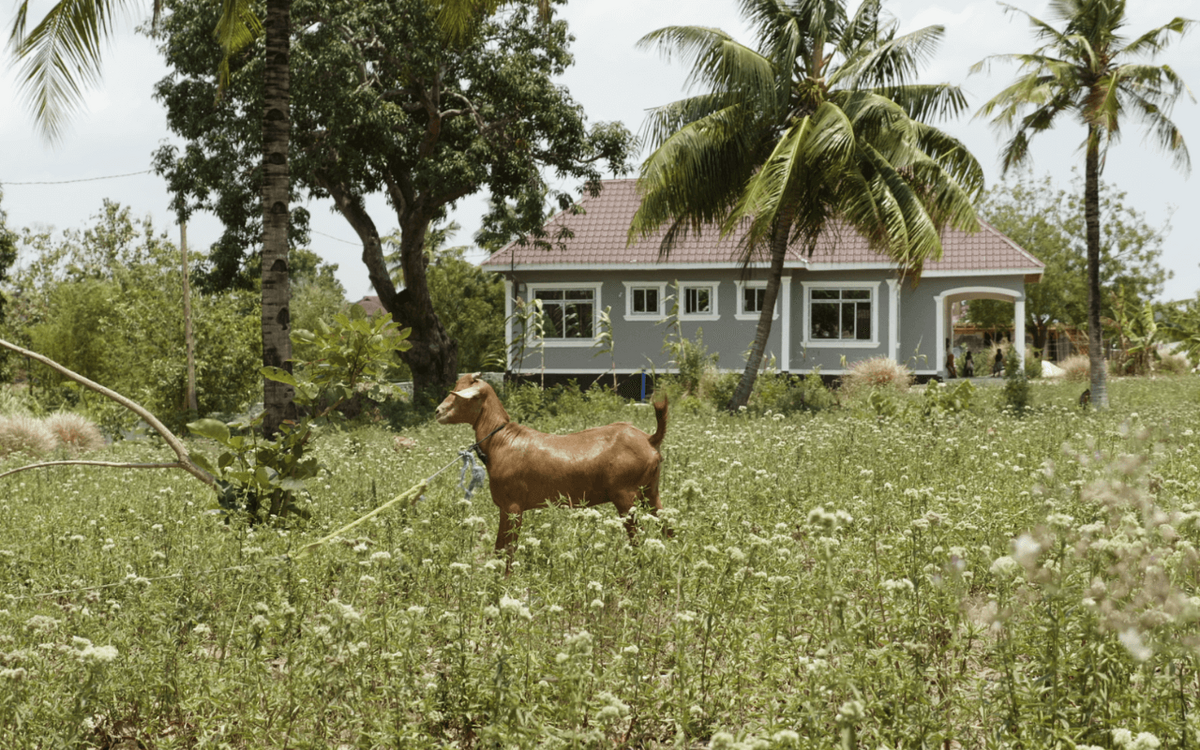
Read more How a Nigerian fintech wants to secure 1 billion US dollars for farms
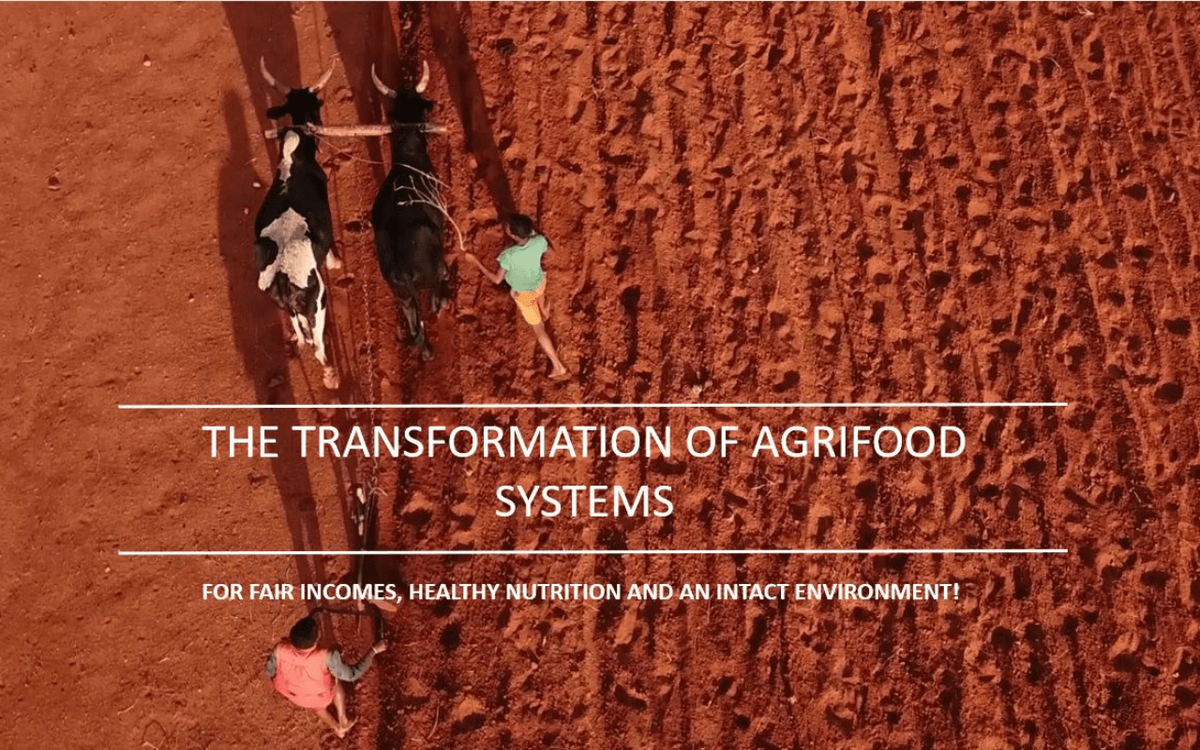
Read more BMZ releases video on the transformation of agricultural and food systems
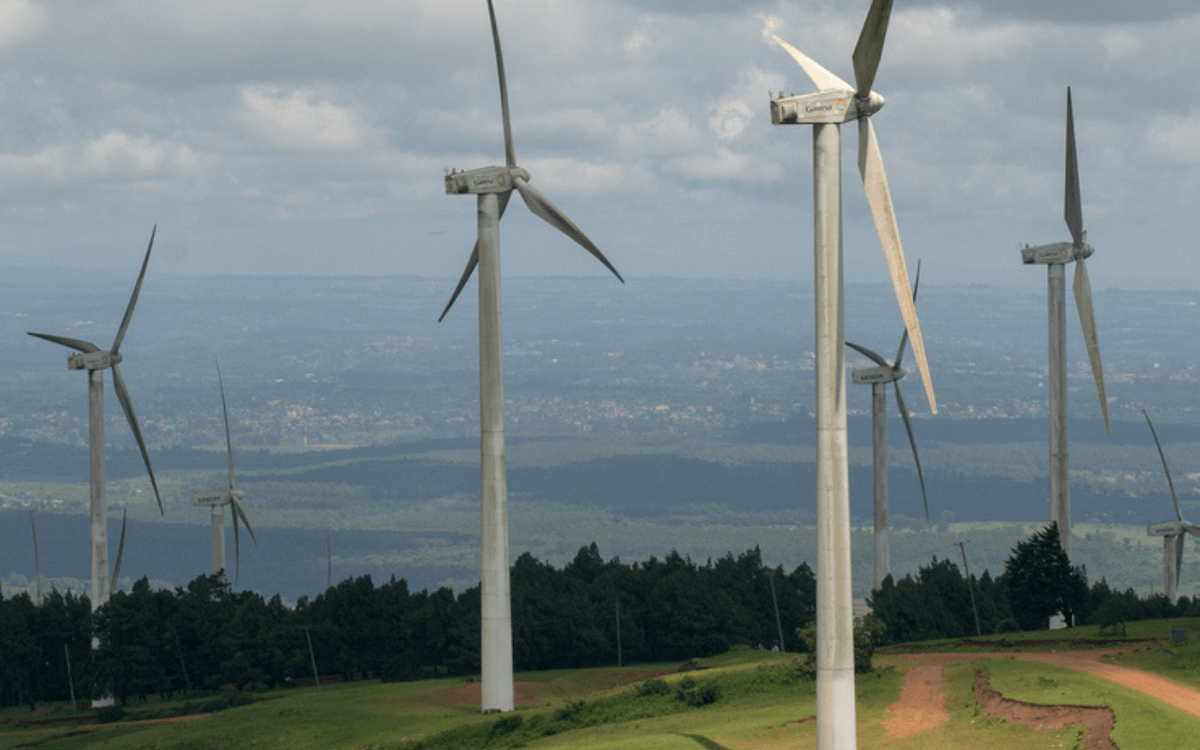
Read more The rush for green energy shouldn’t undermine rights of pastoralist communities

Read more CompensACTION aims to reward farmers for climate performance

Read more The Agri-Food Map: An interactive map to explore sustainable agri-food systems
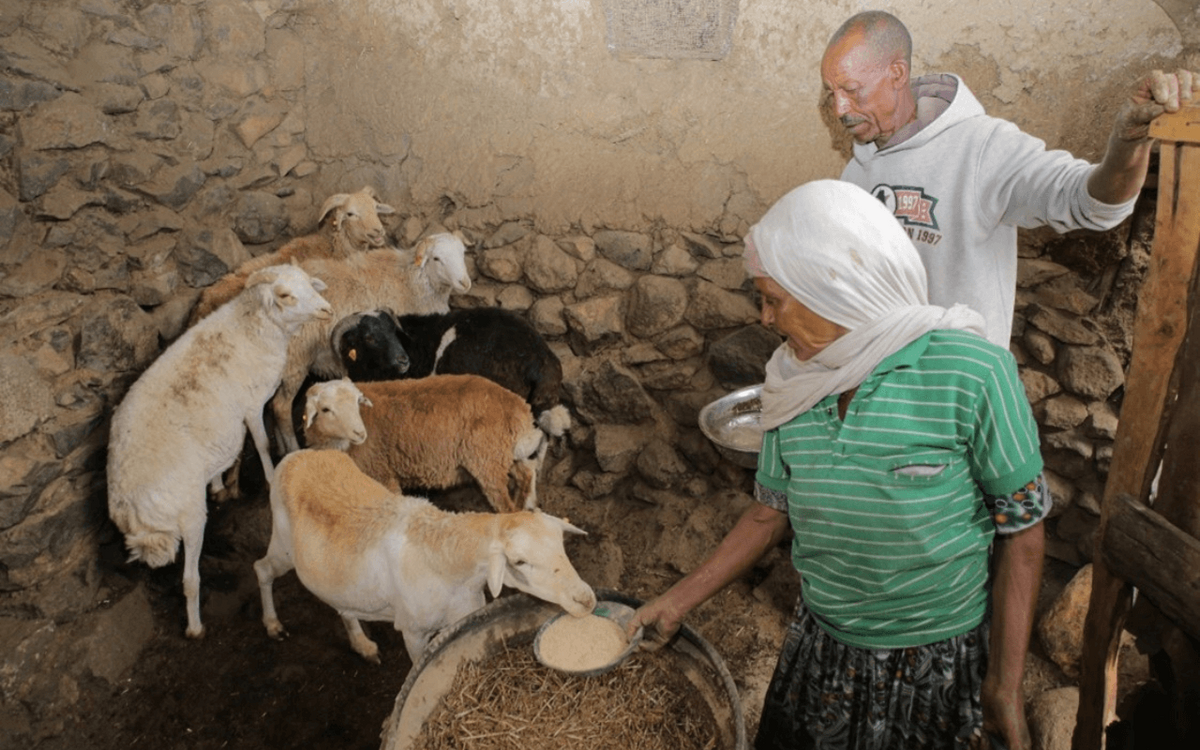
Read more Climate change mitigation and adaptation strategies for the African livestock sector

Read more From the perennial to the catwalk – banana silk as an alternative
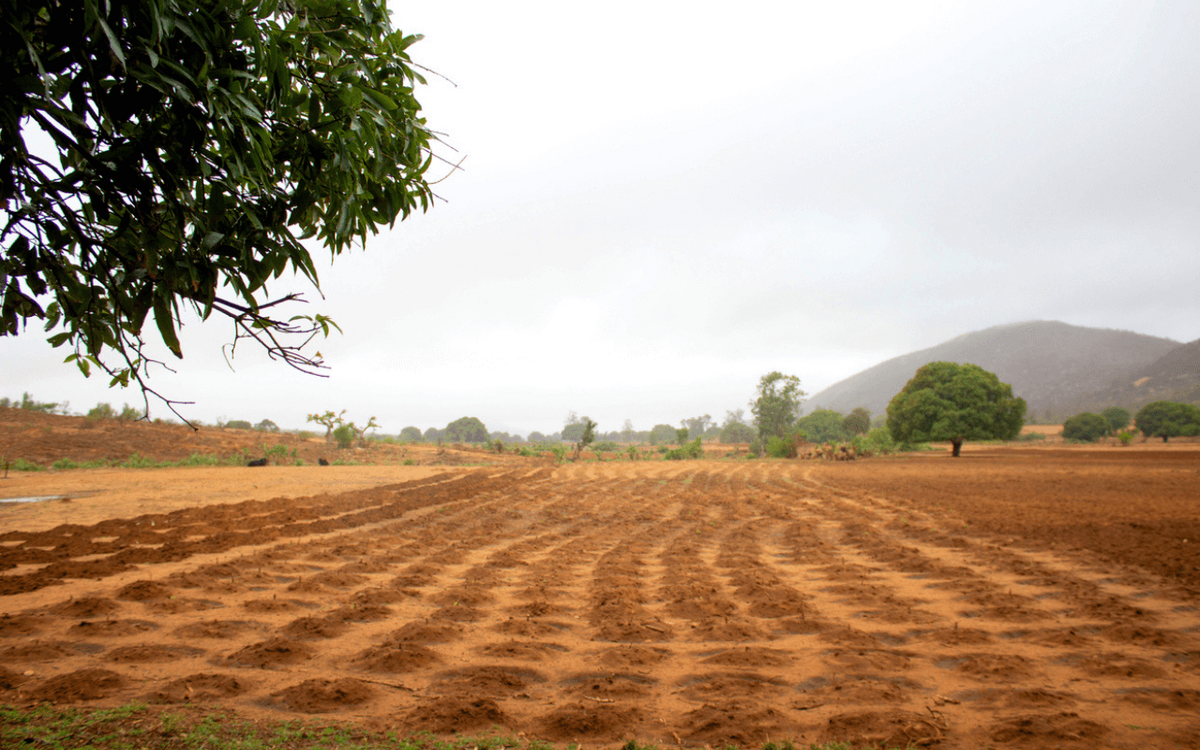
Read more Reforming agricultural policies to sustainably transform food systems

Read more A framework for sustainable and fair agriculture and food systems

Read more Female Leadership: A Key Lever for Transformation?
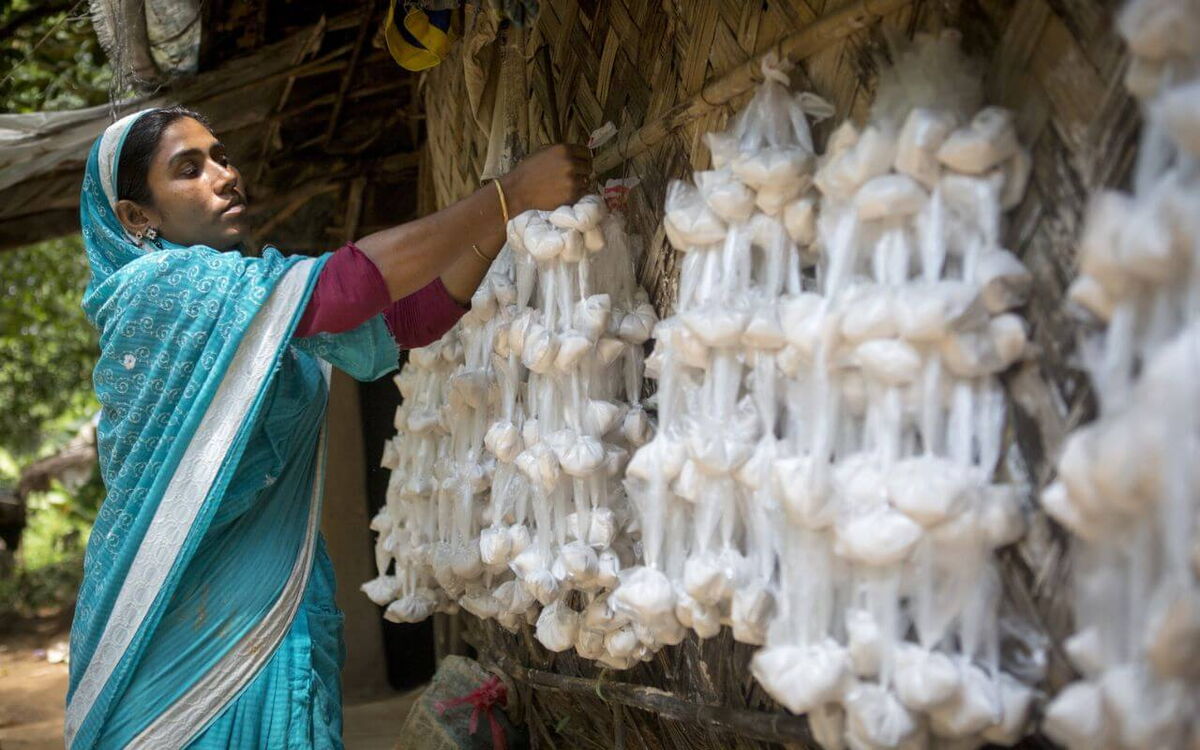
Read more Gender-Transformative Approaches – Unlocking Everyone’s Potential

Read more Adapted financial services – a key to transformation
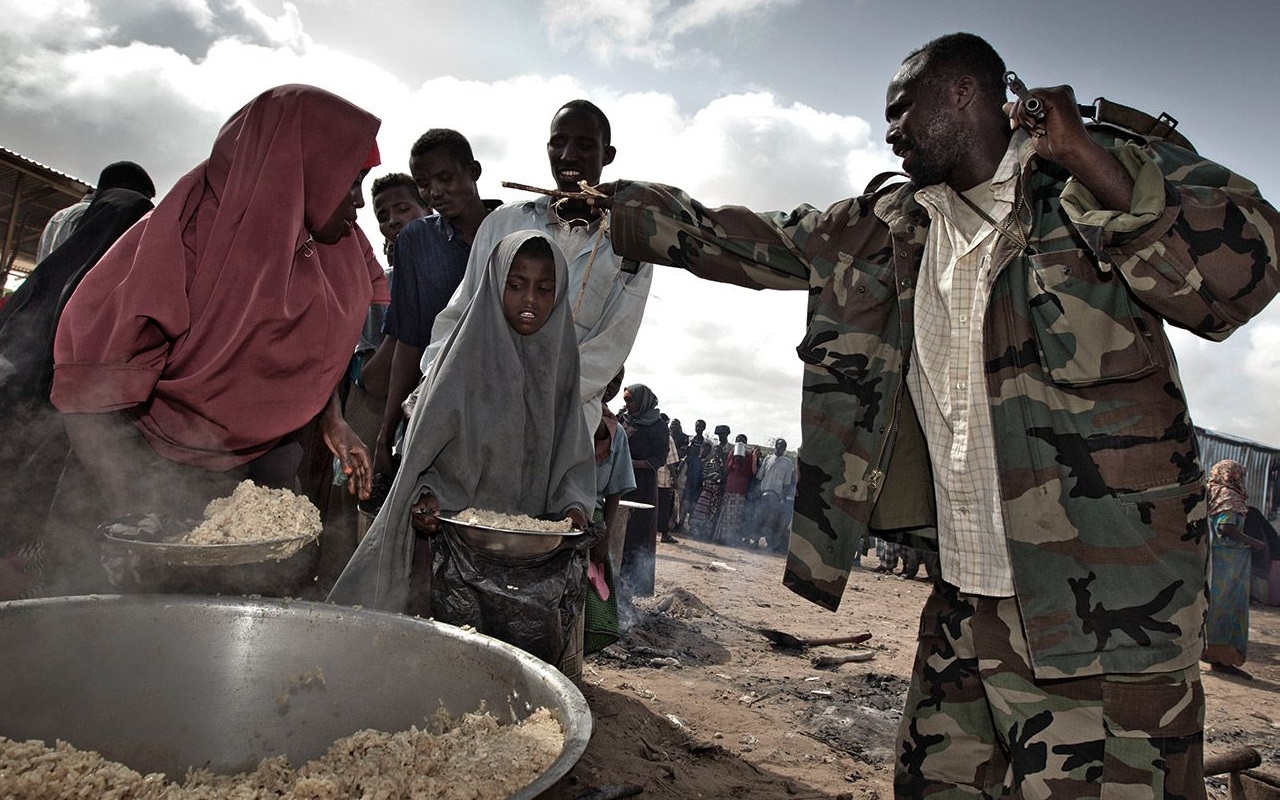
Read more 5 questions to F. Patterson: Why is there more hunger?
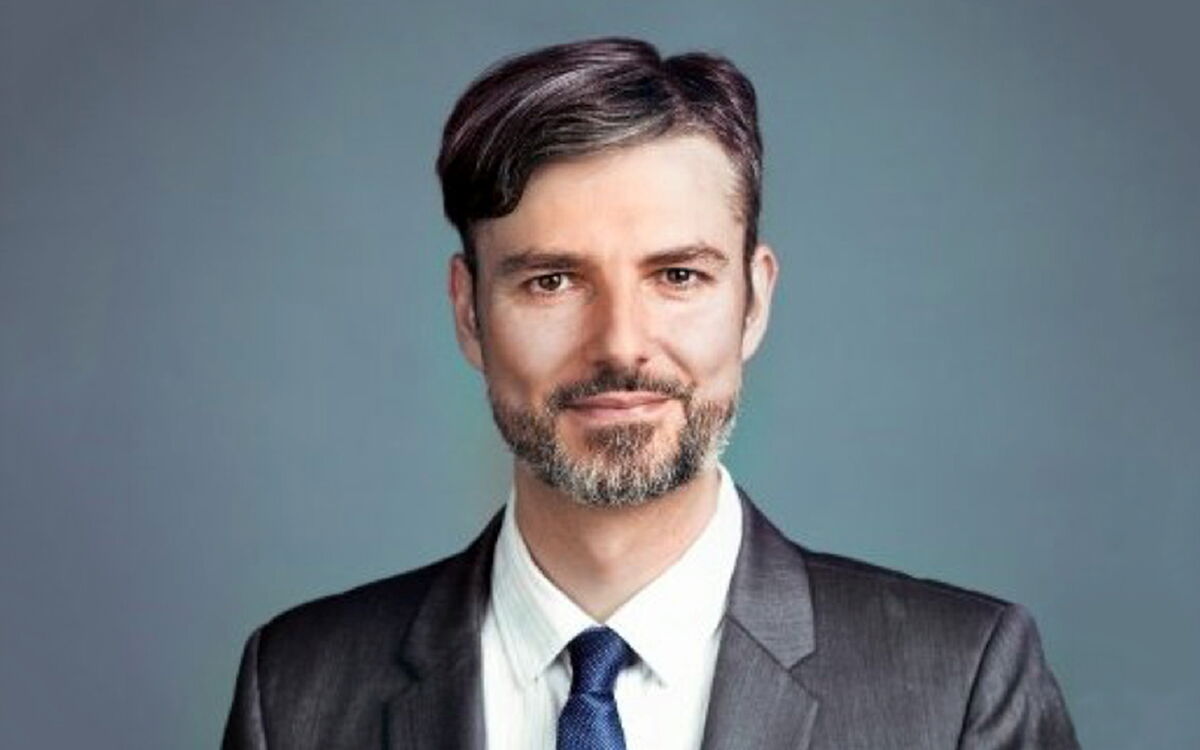



Read more The state of food security in Cape Town and St. Helena Bay
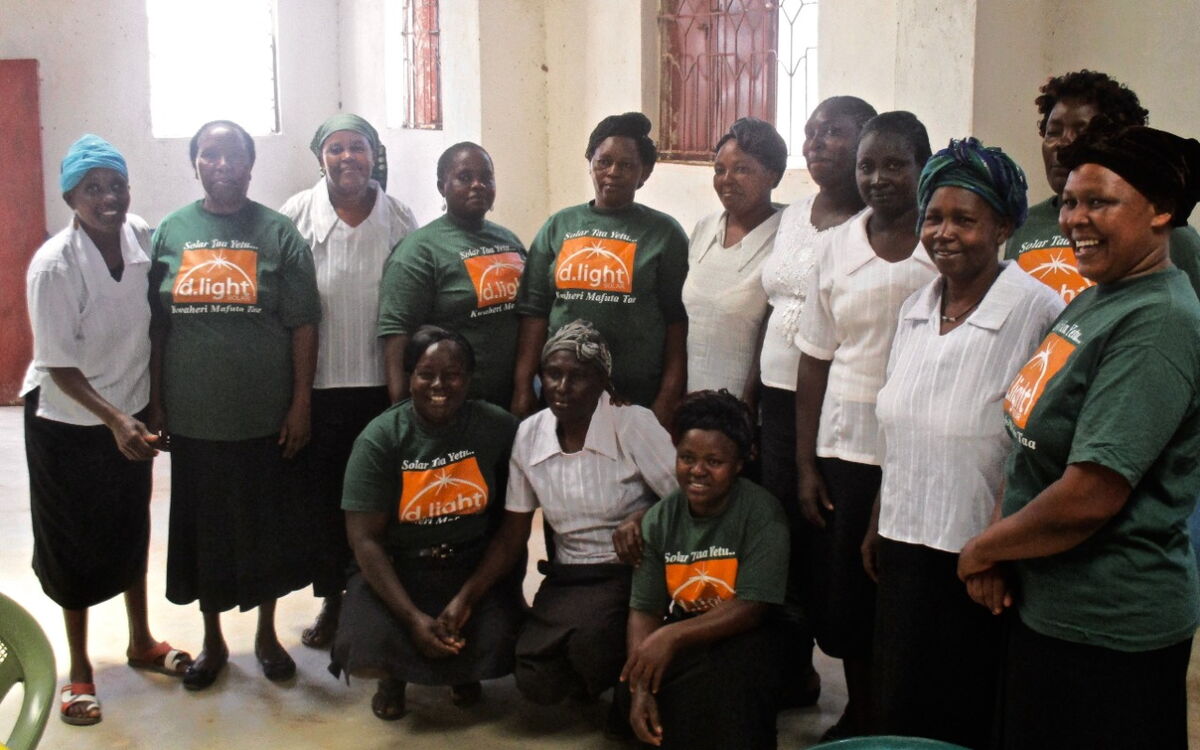
Read more How the self-help approach empowers smallholder women

Read more School Feeding: A unique platform to address gender inequalities
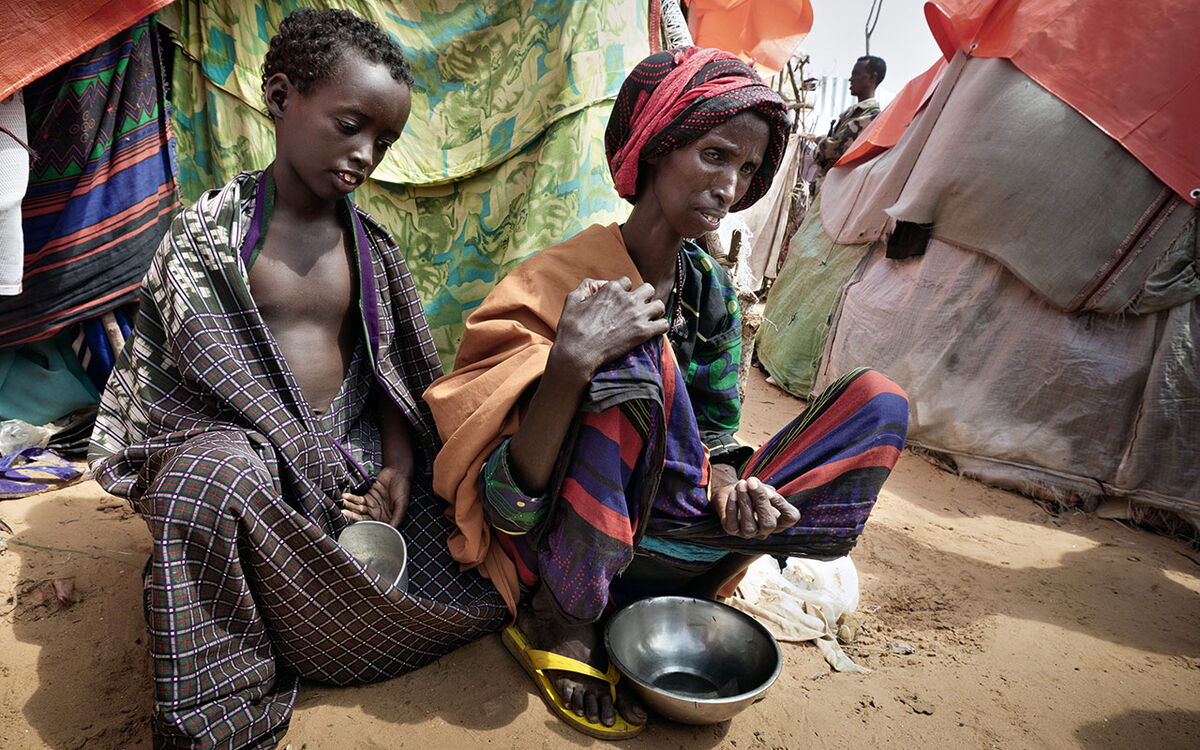
Read more Global responsibility: Tackling hunger is the only way forward
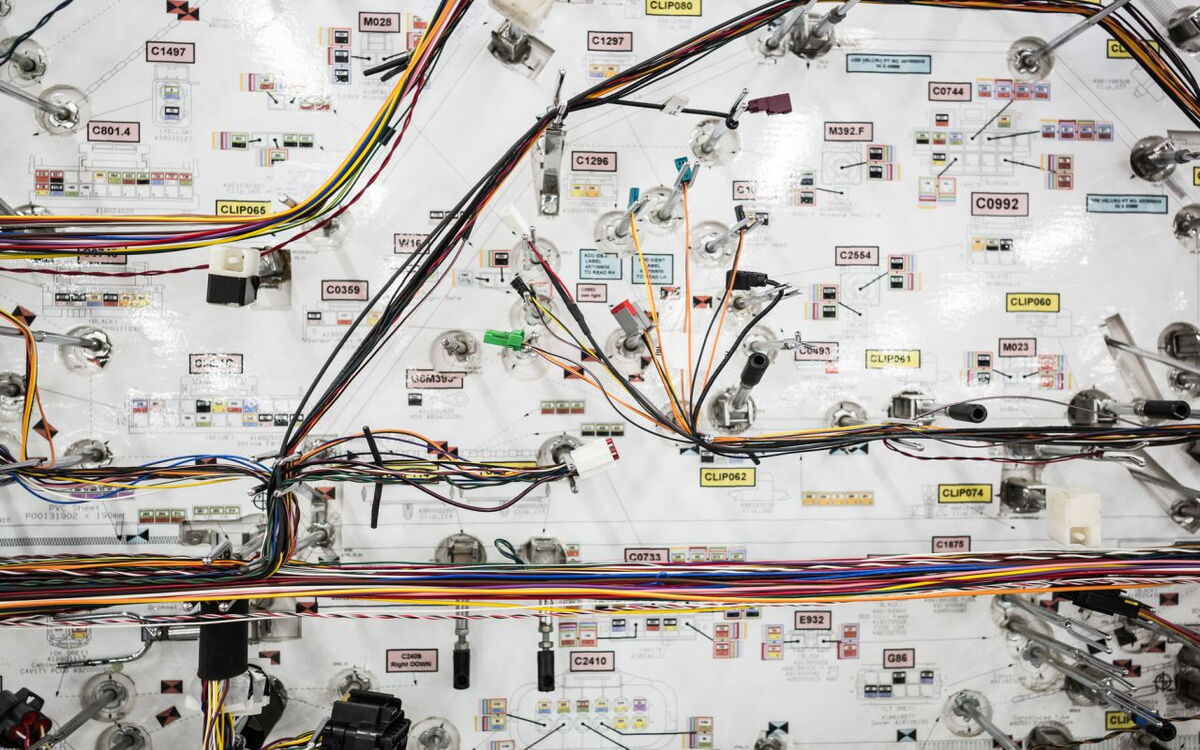
Read more The Future of Development Politics: Voices from the Parliamentary Groups
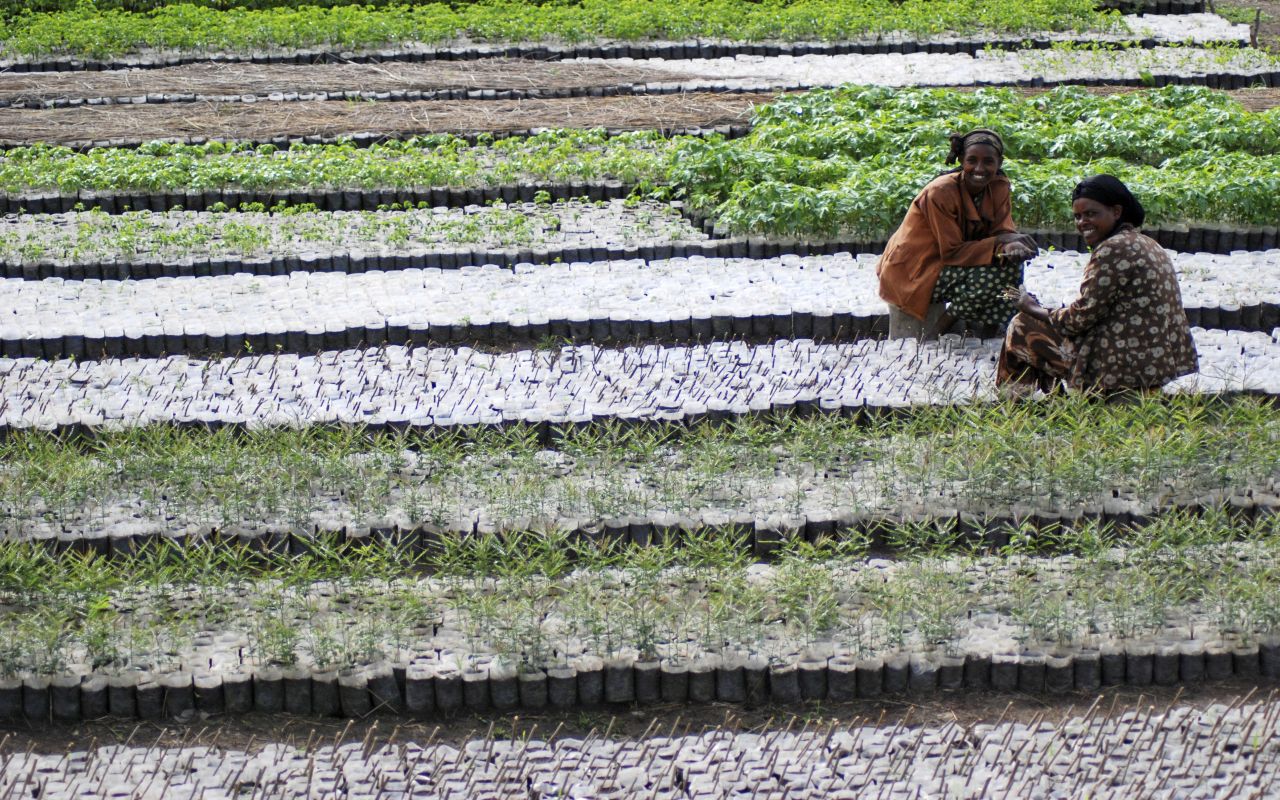
Read more Cooperation and Effective Incentives for Sustainable Land Use

Read more What Needs to Change for Africa’s Youth, Ms Kah Walla?

Read more Building Better Resilience to Transboundary Threats
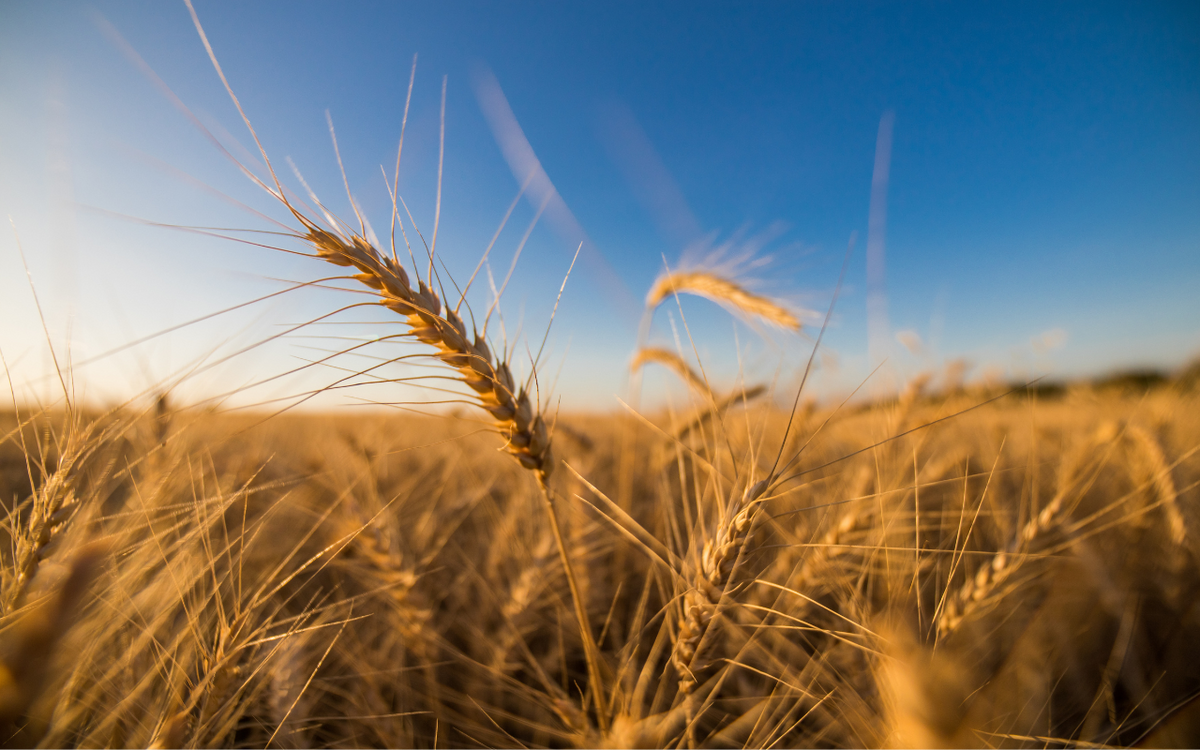
Read more A dashboard as a key tool for global food security

Read more The Key to Transforming Food Systems Lies in Inclusive Governance
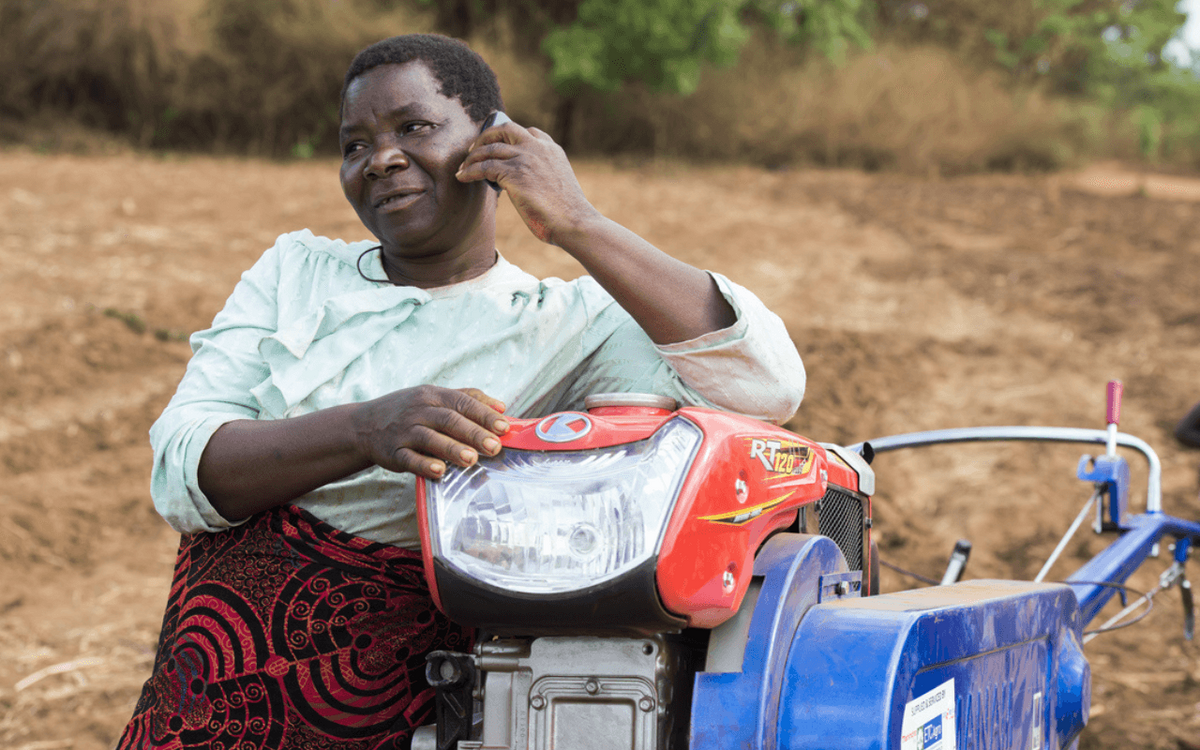
Read more Can we democratize data in the age of digital extraction?
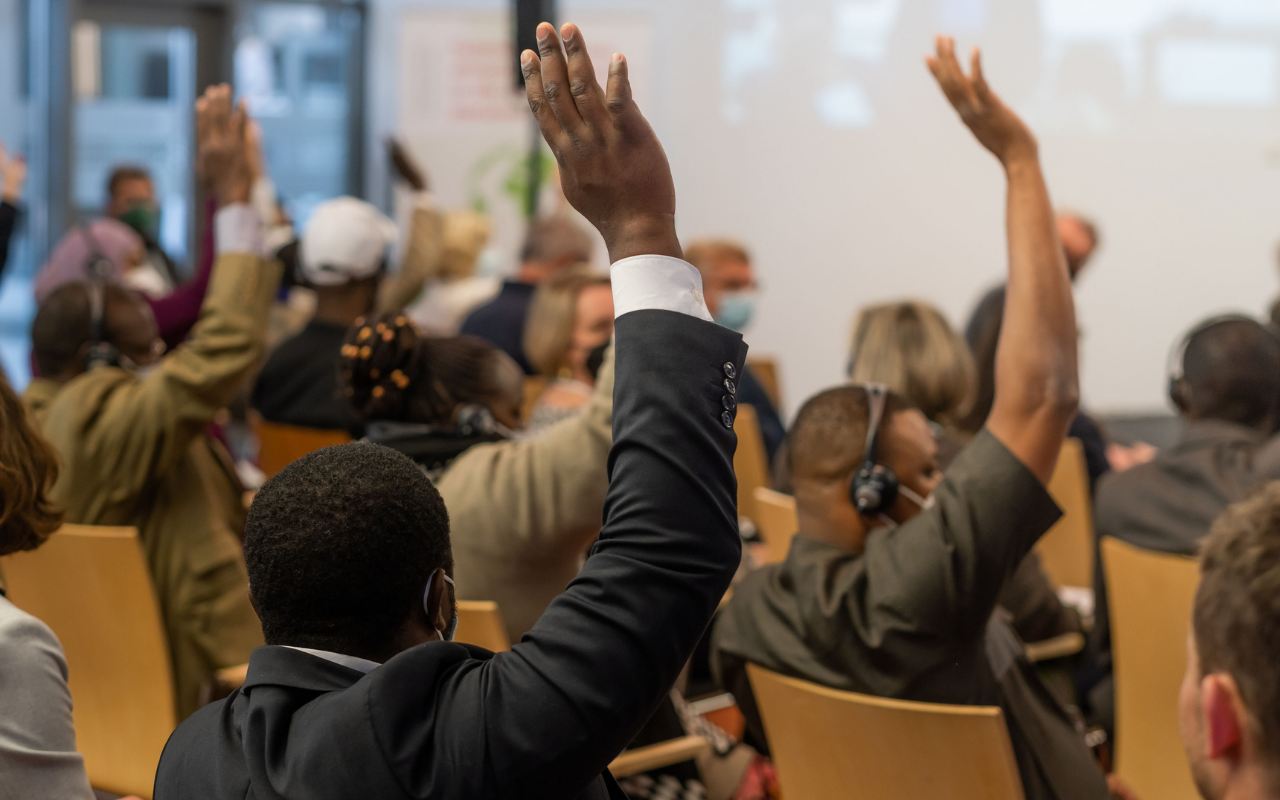
Read more ‘Invite yourself’ – Farmers organisations as key stakeholders of food systems
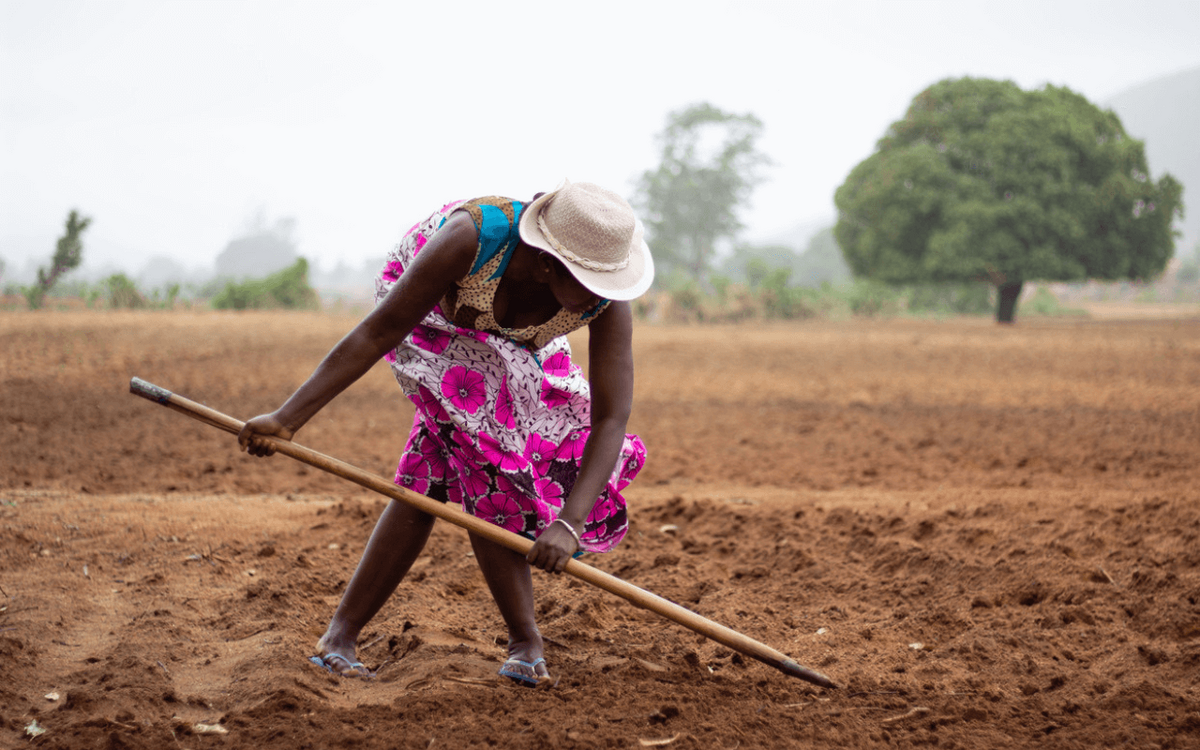
Read more Farmers' organizations want to be involved in designing agricultural policy
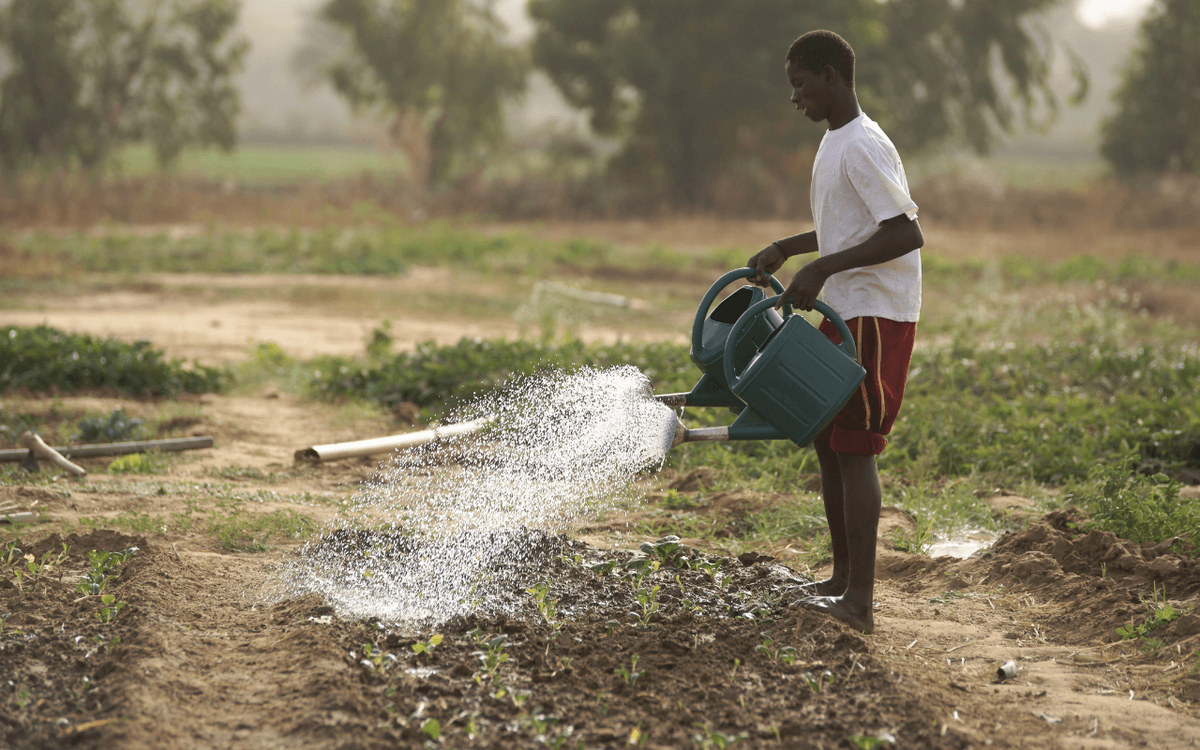
Read more Strengthening the market linkages of smallholders in the face of global supply shocks

Read more Financing Agrifood Systems for People, Planet and Prosperity

Read more "We have high expectations of the Kampala Declaration"
We use cookies on our website. Some of them are essential, while others help to improve your user experience. Your consent is voluntary and can be revoked at any time on the "Privacy" page.
Protects against cross-site request forgery attacks
Saves the current PHP session.
Content from third-party providers, such as YouTube, which collect data about usage. Third-party content embedded on this website will only be displayed to you if you expressly agree to this here.
We use Matomo analytics software, which collects anonymous data about website usage and functionality to improve our website and user experience.